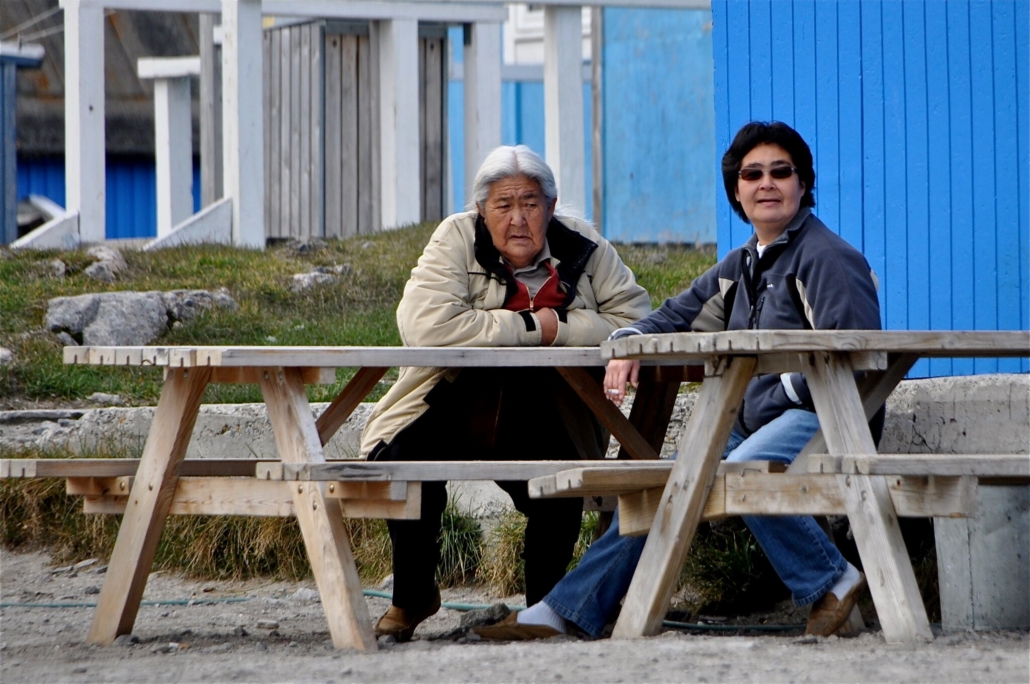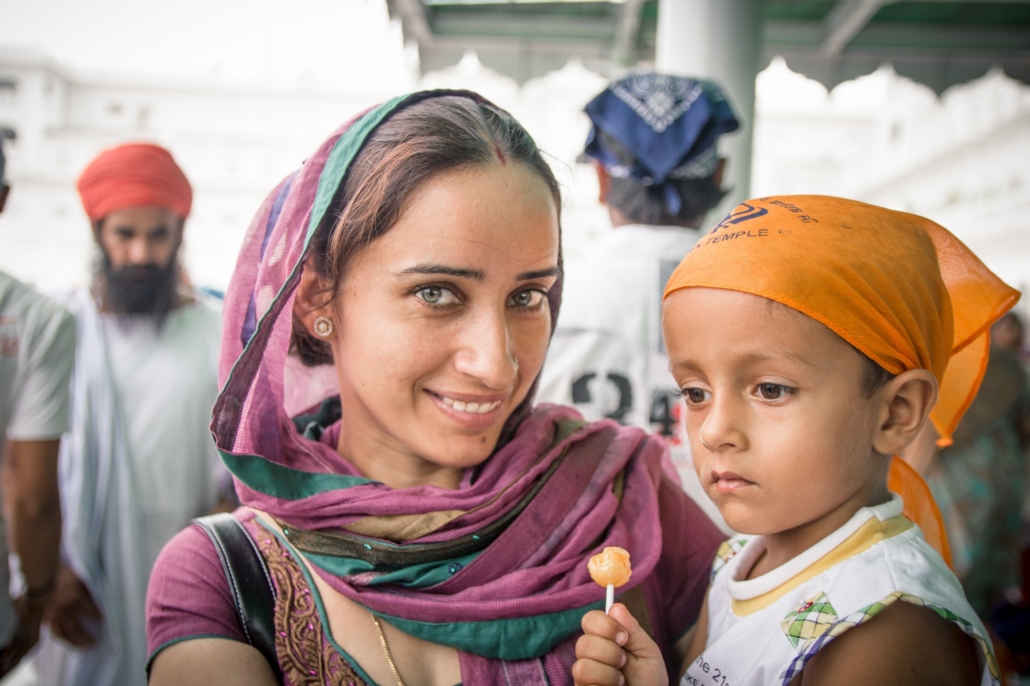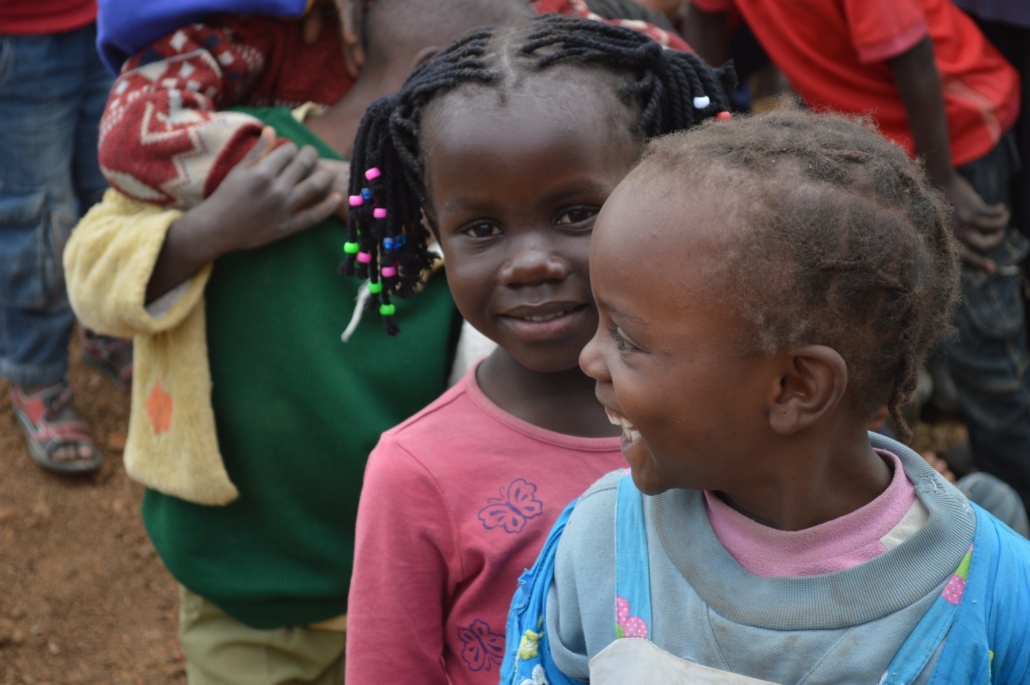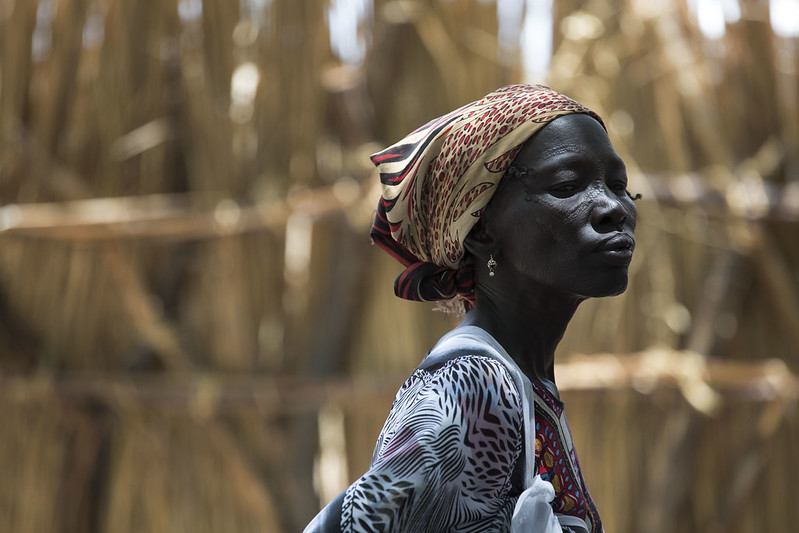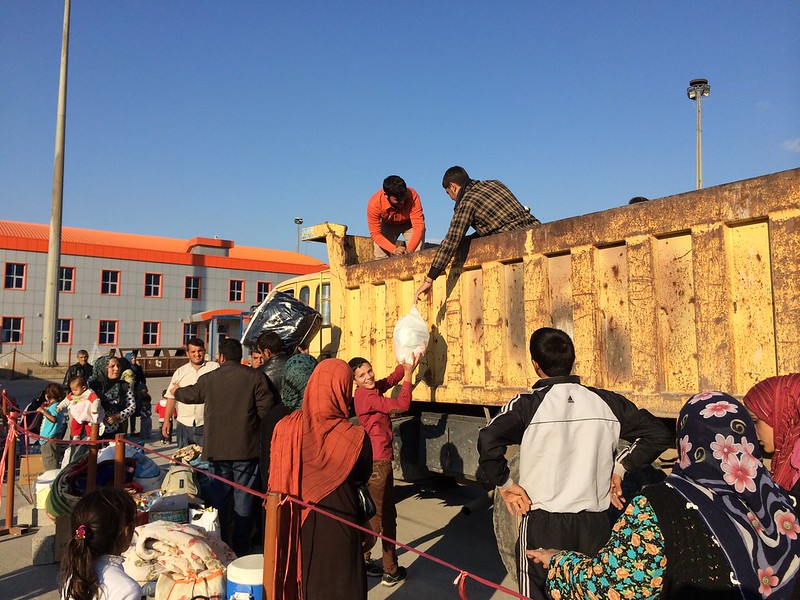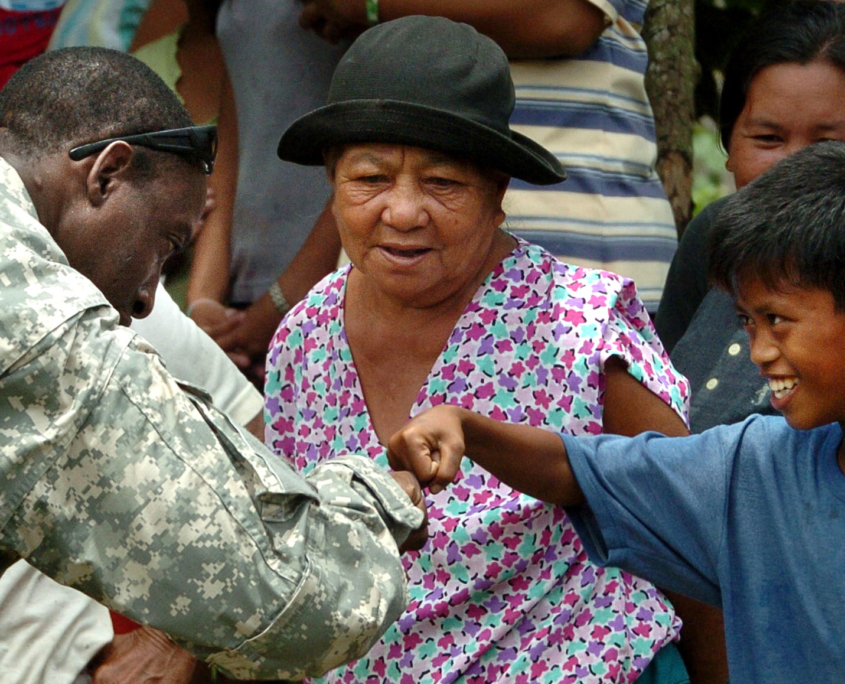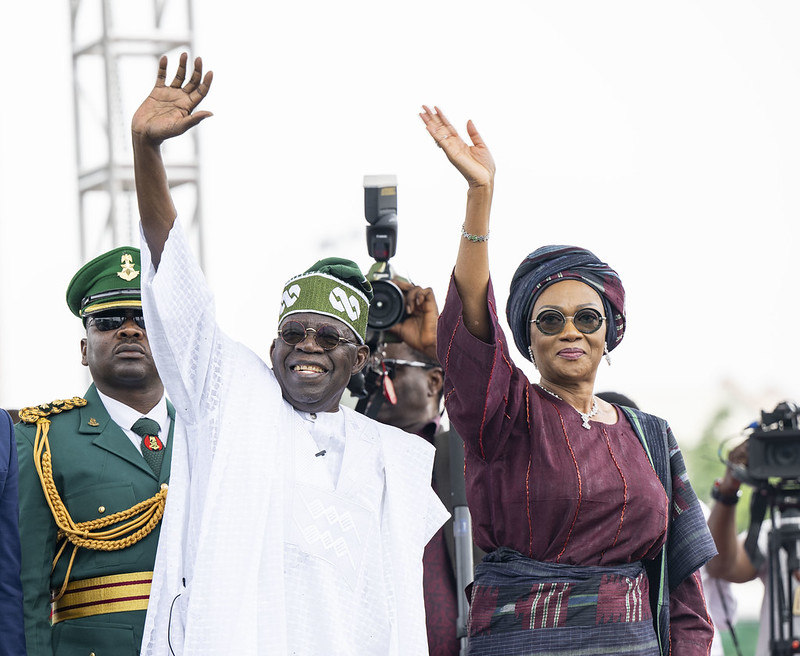 Nigeria, Africa’s most populous nation, has long struggled with high poverty rates despite its abundant natural resources. Recent estimates from the World Bank reveal that around 40% of Nigerians live below the poverty line. Rural areas are particularly affected, with poverty rates nearly double those of urban regions. This ongoing challenge to reduce poverty in Nigeria persists, even though Nigeria holds the title of Africa’s largest economy and remains a significant oil producer.
Nigeria, Africa’s most populous nation, has long struggled with high poverty rates despite its abundant natural resources. Recent estimates from the World Bank reveal that around 40% of Nigerians live below the poverty line. Rural areas are particularly affected, with poverty rates nearly double those of urban regions. This ongoing challenge to reduce poverty in Nigeria persists, even though Nigeria holds the title of Africa’s largest economy and remains a significant oil producer.
Early Policy Responses
A comprehensive effort to reduce poverty in Nigeria is the National Social Investment Program (NSIP), introduced in 2016. Key components include:
- N-Power Programme. Targets unemployed graduates and nongraduates aged 18 to 35. It offers skills training, job placements and stipends. Since its launch, 960,000 participants have enrolled across agriculture, health, education and technology sectors.
- Conditional Cash Transfer (CCT). Provides N5,000 monthly to extremely poor households. Beneficiaries must meet conditions like school enrollment for children and regular health checkups.
- Home-Grown School Feeding Program. Supplies one nutritious meal daily to primary school children, boosting enrollment and supporting local agriculture.
- Government Enterprise and Empowerment Program (GEEP). Offers microloans through platforms such as MarketMoni, FarmerMoni and TraderMoni to small businesses and artisans.
President Tinubu’s Antipoverty Initiatives
Since assuming office in 2023, President Bola Ahmed Tinubu has introduced several transformative policies:
- Consumer Credit Scheme. Launched in February 2024, this program improves access to credit, allowing Nigerians to buy essential goods and build credit histories.
- CNG Bus Initiative. Following the removal of fuel subsidies, compressed natural gas–powered buses were deployed in major cities to provide affordable transportation alternatives.
- Renewed Hope Infrastructure Development Fund. A N20 trillion ($22 billion) fund dedicated to investing in critical infrastructure like roads, education, power and railways, aiming to stimulate job creation.
- Expanded Conditional Cash Transfer Program. Extended to cover 15 million households, each receiving a monthly N25,000 to cushion economic reforms.
- Food Security Council. Established to boost local food production and curb inflation. The Central Bank also supported farmers by distributing 2.15 million bags of fertilizer valued at N100 billion.
Positive Outcomes from Recent Reforms
Although many initiatives are still in early stages, initial results show progress:
- Increased Government Revenue. The removal of fuel subsidies freed up more than N1 trillion in the first six months, according to the Minister of Finance, Wale Edun. These savings are being redirected toward development projects.
- Growth in Foreign Investment. Exchange rate unification led to a surge in foreign direct investment. Investor commitments have surpassed $30 billion since the reforms began.
- Agricultural Output Increases. Pilot regions report higher yields of staple crops like rice, maize and cassava, reflecting renewed government focus on agriculture.
- Consumer Credit Expansion. As of November 2024, more than 25,000 civil servants accessed the credit scheme. Projections expect this figure to grow to 400,000 participants by the second quarter of 2025.
Looking Ahead
Poverty in Nigeria remains a persistent challenge. However, recent policy shifts under President Tinubu’s administration reflect a multi-pronged approach to economic recovery and poverty reduction. With early indicators of progress in government revenue, investment inflows and agricultural output, Nigeria is laying the groundwork for broader, long-term improvements. Sustained commitment to these reforms will be critical to achieving lasting change and improving livelihoods for millions of Nigerians.
– Vanuza Antonio
Vanuza is based in London, UK and focuses on Good News and Global Health for The Borgen Project.
Photo: Flickr
 Recent unrest amongst various public-sector industries in the U.K. has ballooned amid rising inflation and stagnating wages. The ongoing U.K. strikes appear to be a result of these issues, and to an extent, present a picture of the situations abroad and the need for aid.
Recent unrest amongst various public-sector industries in the U.K. has ballooned amid rising inflation and stagnating wages. The ongoing U.K. strikes appear to be a result of these issues, and to an extent, present a picture of the situations abroad and the need for aid. A 2021 survey found that Haitians want to play a bigger decision-making role in the delivery of humanitarian aid to ensure its effectiveness. The majority of respondents not only want to see more
A 2021 survey found that Haitians want to play a bigger decision-making role in the delivery of humanitarian aid to ensure its effectiveness. The majority of respondents not only want to see more 